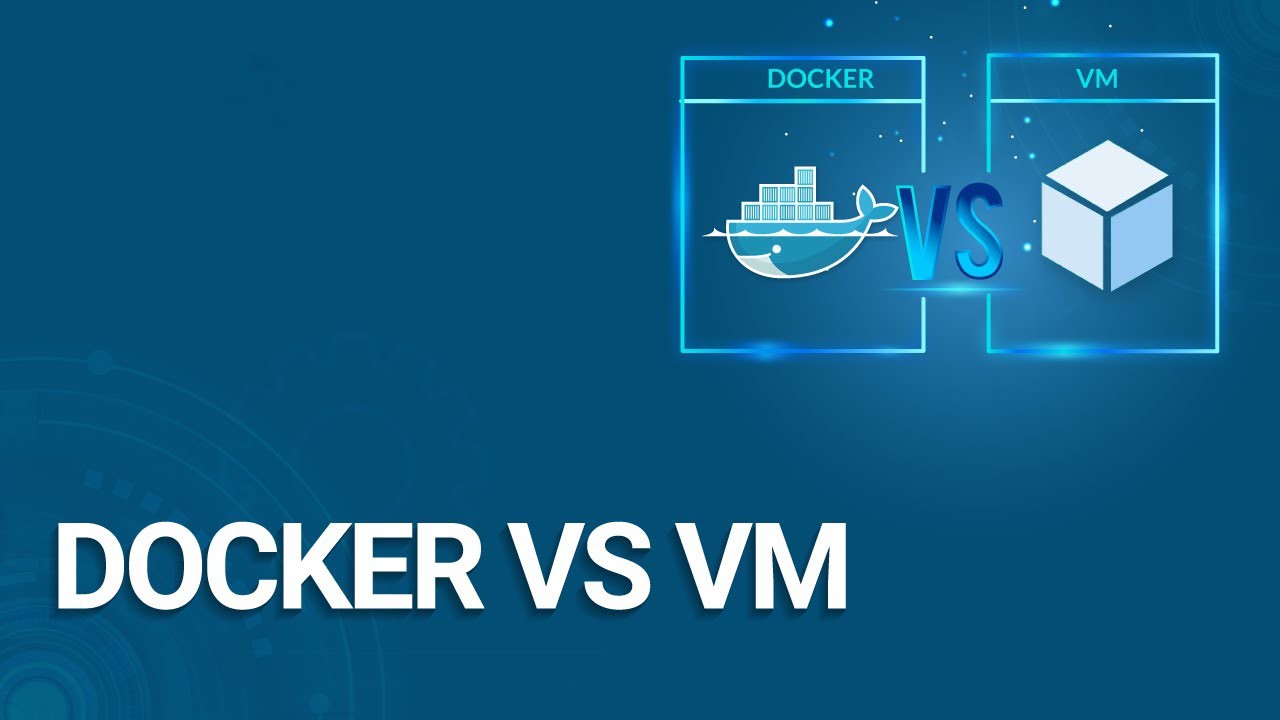BigQuery vs. Cloud SQL: Navigating Data Warehousing and Managed Databases
In the ever-evolving landscape of data management and analysis, two heavyweights, BigQuery and Cloud SQL, vie for supremacy. As organizations strive to glean insights from their data, understanding the intricacies of these platforms is paramount. In this blog post, we embark on a journey to decipher the core attributes of BigQuery and Cloud SQL, assisting you in making an informed decision that aligns with your data goals.
Unveiling BigQuery and Cloud SQL
BigQuery: At the forefront of Google’s offerings, BigQuery takes center stage as a fully-managed, serverless data warehousing and analytics platform. Designed to tackle mammoth datasets and execute intricate queries, BigQuery employs distributed architecture to ensure rapid processing. Its seamless integration with Google Cloud services makes it a sought-after solution for data-driven organizations.
Cloud SQL: On the flip side, Cloud SQL emerges as Google Cloud’s managed relational database service. Catering to popular database engines like MySQL, PostgreSQL, and SQL Server, Cloud SQL provides a managed environment. It’s tailored for applications that rely on structured, relational data, offering ease of management and simplicity.
http://informationarray.com/2023/08/18/bigquery-vs-bigtable-in-the-google-cloud-realm/
Feature Comparison
Let’s dive into a head-to-head comparison between BigQuery and Cloud SQL:
| Aspect | BigQuery | Cloud SQL |
|---|---|---|
| Use Case | Optimal for analyzing vast datasets via queries. | Suited for applications requiring relational data. |
| Data Structure | Handles structured, semi-structured, and nested data. | Proficient with structured, relational data. |
| Query Language | Leverages SQL dialect for queries and analysis. | Utilizes standard SQL for relational databases. |
| Scalability | Auto-scales for large analytical queries. | Auto-scales to manage varying database loads. |
| Performance | Excels in processing complex, ad-hoc queries. | Offers high-performance for structured data. |
| Cost Structure | Based on usage, with query and storage costs. | Costs vary based on instance type and usage. |
| User Experience | User-friendly interface, analyst-friendly. | Simplifies database management for developers. |
| Integration | Seamlessly blends with Google Cloud services. | Harmonizes well with other Google Cloud tools. |
| Replication | Supports table-level streaming and batch exports. | Offers replication for robust availability. |
| Data Sources | Supports Google Sheets, Cloud Storage, and more. | Relies on structured data from diverse sources. |
| Security | Encompasses robust access controls and encryption. | Provides security through IAM and SSL. |
Choosing the Right Path
The choice between BigQuery and Cloud SQL hinges on your organization’s distinct requirements:
BigQuery takes the forefront in the realm of large-scale data analytics, catering to those who seek rapid query processing and thorough data exploration.
Cloud SQL steps in for those who demand structured, relational data storage with a managed approach, catering to both application development and backend needs.
BigQuery and Cloud SQL stand as pillars within Google Cloud, each addressing diverse data challenges. Your decision should mirror your data’s nature, query demands, and the expertise of your team. Equipped with insights into both platforms, you’re well-prepared to make a well-informed choice that harmonizes seamlessly with your aspirations for data analysis and storage within the realm of Google Cloud.









